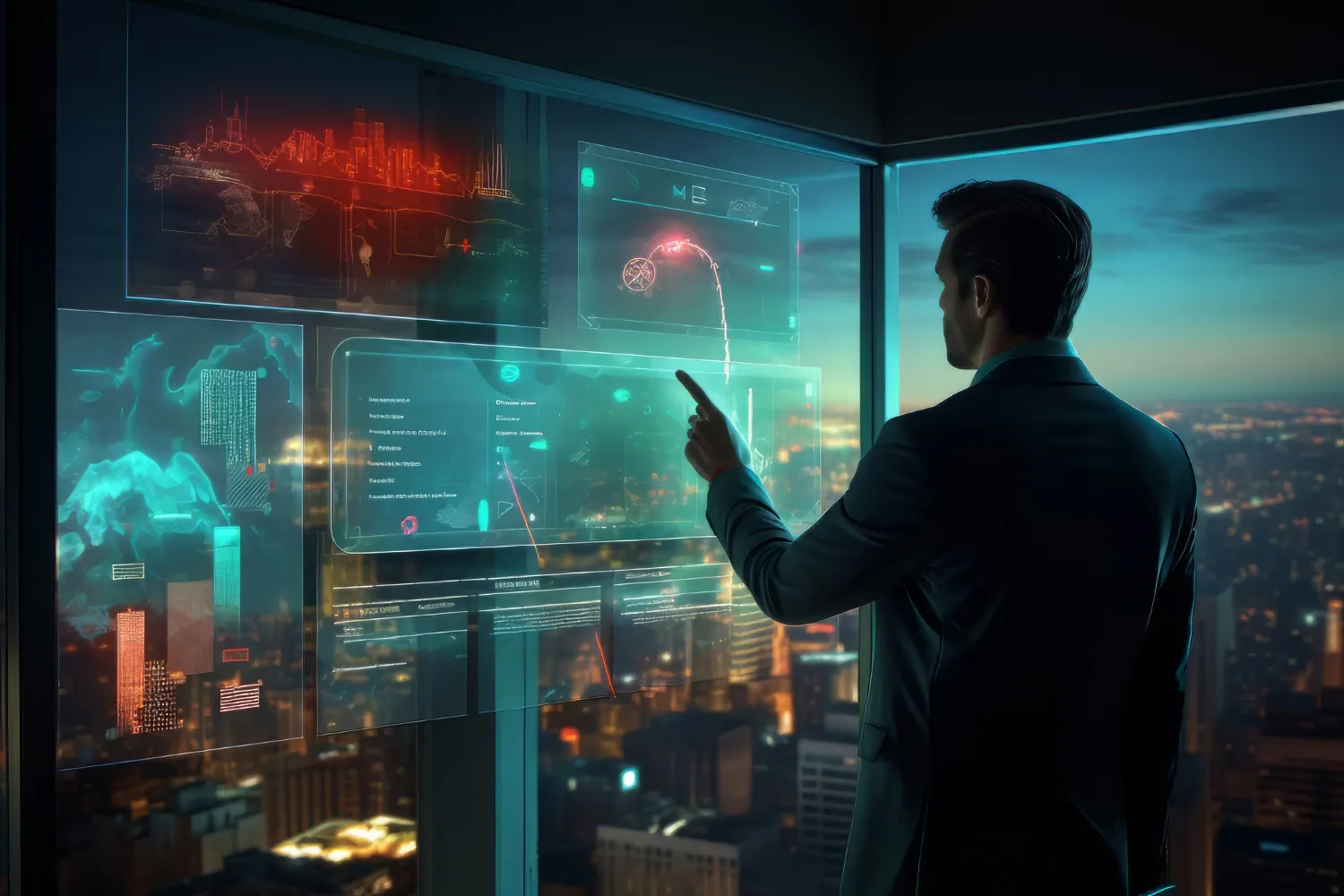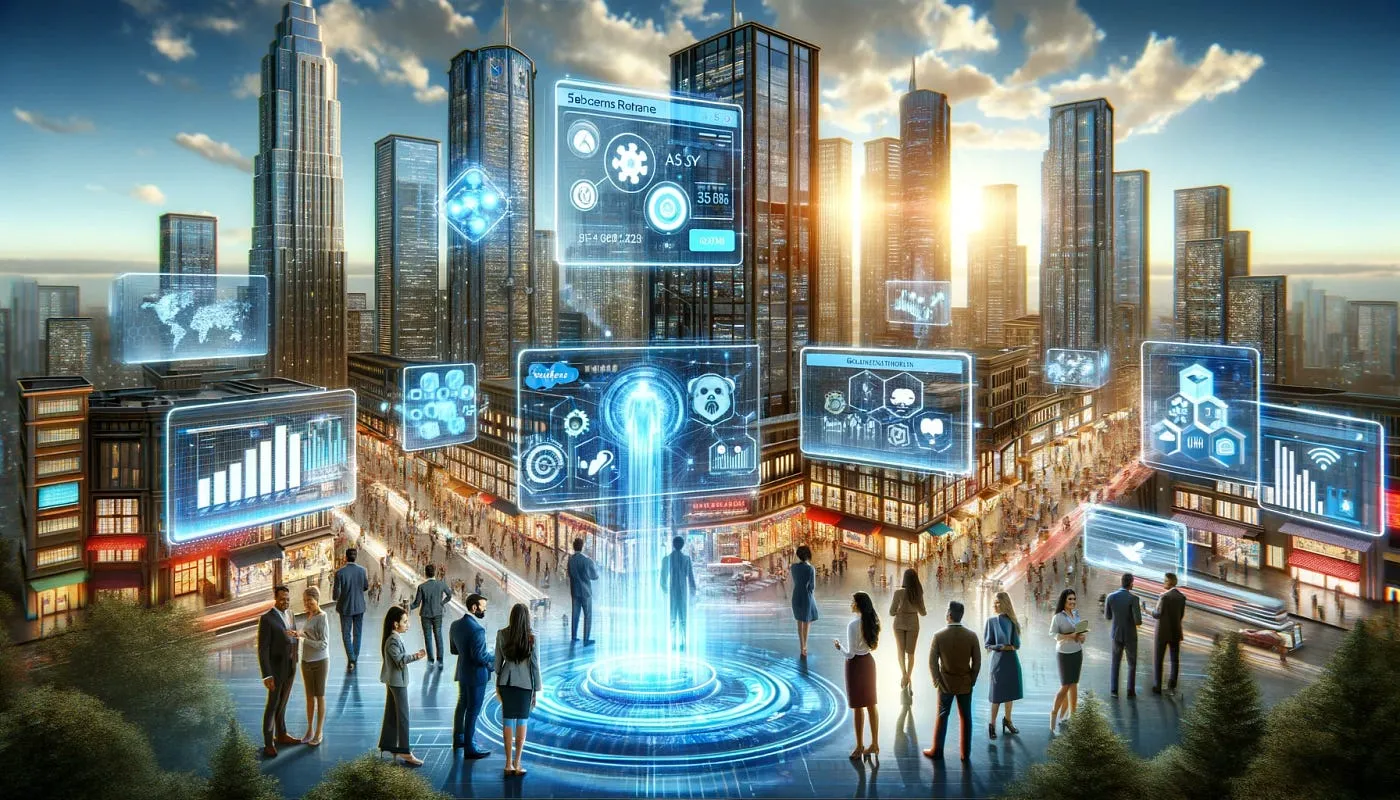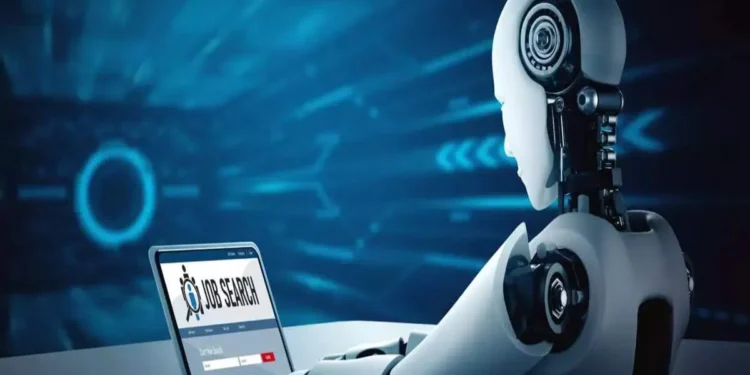In a world where artificial intelligence (AI) is increasingly seen as a threat to human workers, the tech community has been abuzz with fear and fascination about its implications for coding. When Anthropic CEO Dario Amodei boldly declared that AI would be writing 90% of code within just six months, developers braced for what seemed like the beginning of mass extinction in their field. However, inside Salesforce, a very different reality is unfolding.
Despite the rise of AI-driven tools like Salesforce’s Agentforce, developers at the company aren’t disappearing — they’re evolving into something more strategic and essential than ever before.

Salesforce’s AI Impact: The Numbers Speak for Themselves
“About 20% of all APEX code written in the last 30 days came from Agentforce,” shared Jayesh Govindarajan, Senior Vice President of Salesforce AI. His team doesn’t just track code generated by AI but focuses on the code that is actually deployed into production. The results are impressive: 35,000 active monthly users, 10 million lines of accepted code, and internal tools saving a staggering 30,000 developer hours each month.
Yet despite these remarkable statistics, Salesforce’s developers are far from being out of a job. Instead, they are refining their roles to meet the challenges presented by this technological shift.
The Role of Developers Is Changing, Not Ending
According to Govindarajan, “The vast majority of development — at least what I call the first draft of code — will be written by AI.” But rather than disappearing into the background, developers are shifting to a more strategic role. Their job is no longer about simply writing code from scratch, but about shaping and guiding AI to create meaningful, functional software.
This shift in role mirrors other technological advancements in history. Just as calculators didn’t erase the need for mathematicians, but instead allowed them to tackle more complex problems, the rise of AI in coding is enabling developers to focus on the bigger picture.
“As AI slashes the cost of software creation, developers gain something they’ve always lacked: time,” Govindarajan noted. “What once took weeks to prototype now takes just hours. Instead of showing a customer a document outlining what you might build, you can now present them with working software that you can quickly iterate on based on their feedback.”
The Rise of ‘Vibe Coding’: A New Era for Developers
One of the most fascinating new practices emerging in software development is the concept of “vibe coding,” a term coined by OpenAI co-founder Andrej Karpathy. Vibe coding shifts the traditional development approach by empowering developers to provide AI with high-level direction, rather than meticulously detailed commands.
“You just give it a sort of high-level direction and let the AI use its creativity to generate a first draft,” Govindarajan explained. This collaboration between human intuition and AI-generated drafts allows developers to focus on refining and perfecting, much like a musician working alongside a producer to create the perfect song.
While this process is particularly effective for business applications, Govindarajan admits that AI is not yet ready to handle more complex coding challenges, such as creating a next-generation database. However, AI-driven tools excel at building user interfaces (UIs) and streamlining the development of business applications.

AI-Generated Code: A New Era of Quality Control
The introduction of AI into the software development process requires a shift in how code quality is assessed. At Salesforce, the company realized that AI-generated code demanded new verification approaches. As Govindarajan explained, “These are stochastic systems. Even with very high accuracy, scenarios exist where they might fail.”
To address this, Salesforce created its Agentforce Testing Center, a specialized system designed to test AI-generated code. The non-deterministic nature of AI means that developers must now rely on boundary testing and set guardrails to ensure that the code performs as expected. This new responsibility shifts developers from simply writing code to becoming experts in evaluating and verifying AI outputs.
Compressing the Entire Development Lifecycle with AI
The impact of AI extends far beyond the initial coding phase. As Govindarajan explained, “In the build phase, tools understand existing code and extend it intelligently, which accelerates everything.” This AI-powered acceleration also applies to testing, where AI can automatically generate regression tests and create test cases for new code.
This process creates a “tighter loop” between the initial idea and its implementation, making it easier and faster to test and refine software. This newfound speed opens the door for developers to take on more ambitious projects, knowing that they can quickly iterate and refine their work.
Algorithmic Thinking: The Bedrock of AI-Powered Development
Despite the rise of AI, one thing remains unchanged: the need for strong algorithmic thinking. “Breaking down big problems into manageable pieces, understanding what software can solve which problems, modeling user needs — these skills become more valuable, not less,” said Govindarajan.
While AI can generate code and perform tasks at a rapid pace, it is the developer’s judgment, intuition, and ability to evaluate the output that remains critical. “It takes genuine taste to look at what AI produces and recognize what works and what doesn’t,” he emphasized.
Developers as Strategic Business Partners
As AI takes over the more technical aspects of coding, developers are being elevated to supervisory roles. Instead of being solely responsible for implementation, developers are now guiding AI systems to produce optimal results, while remaining ultimately accountable for the deployed code.
Govindarajan noted that developers are now playing a more prominent role in shaping business strategies: “Developers are taking supervisory roles, guiding agents doing work on their behalf. But they remain responsible for what gets deployed. The buck still stops with them.”

This shift is supported by Salesforce’s suite of tools, including Agentforce for code generation, Agent Builder for customization, and the Agentforce Testing Center for reliability. Together, these tools provide developers with the platform to evolve into more strategic roles.
Rather than signaling the end of the developer’s role, AI represents an opportunity for developers to step into more impactful, high-level positions. Just as previous technological revolutions expanded human potential rather than diminished it, AI is transforming software engineering by eliminating tedious tasks and allowing developers to focus on the creative, strategic aspects of their work.










